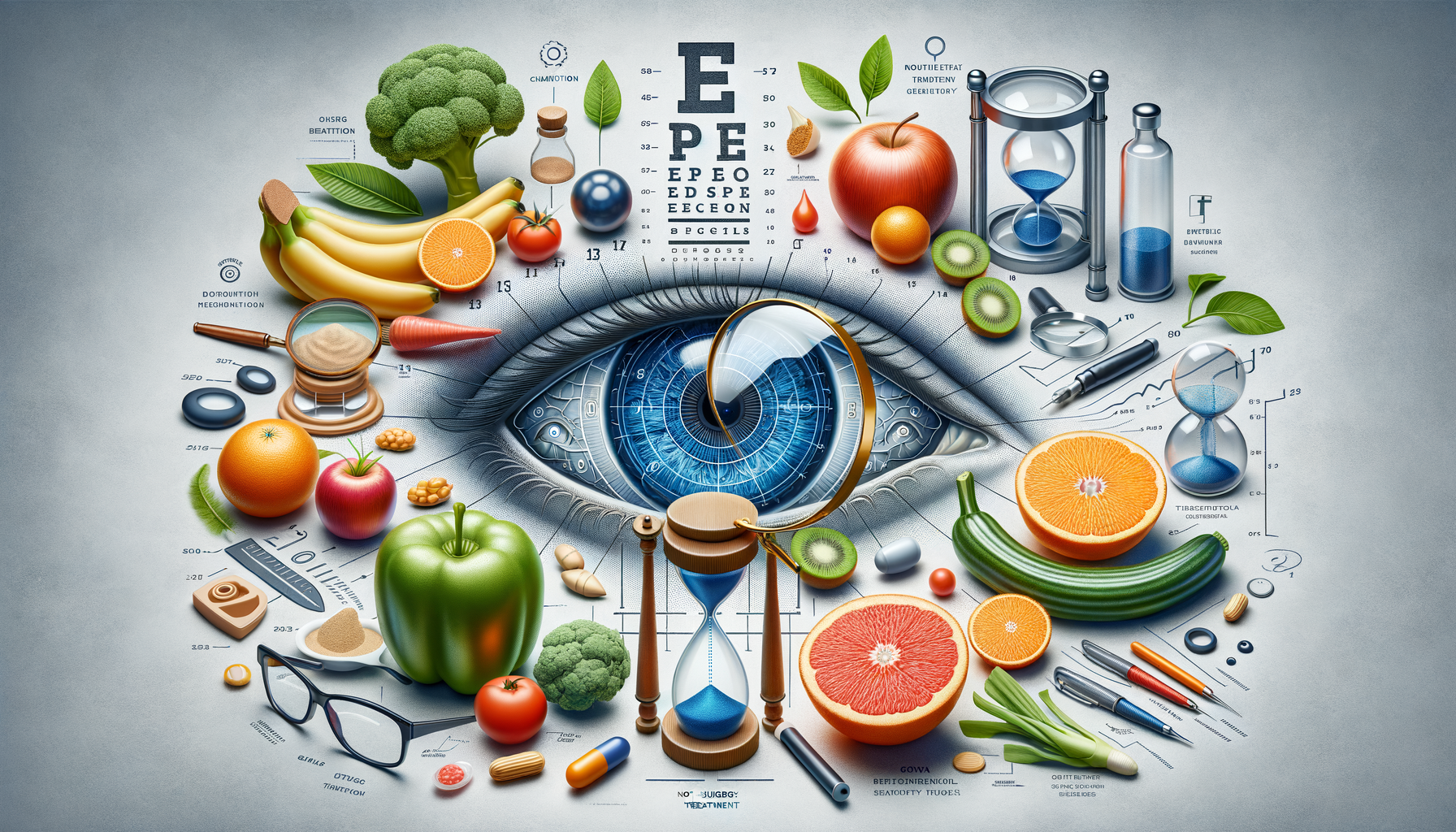Detailed Guide To Cataract: How to Deal with Cataracts and Prevent Vision Loss
Cataracts are a common cause of vision loss in older adults, but the good news is that they can often be managed or prevented with early detection. This article will help you understand the symptoms of cataracts, ways to reduce your risk, and treatment options available if you begin to notice any changes in your vision. Early intervention can make all the difference.

How to Prevent Cataracts Naturally
Cataracts, a leading cause of vision impairment, particularly among older adults, can often be delayed or mitigated with natural preventive measures. While aging is a primary risk factor, lifestyle choices play a significant role in the development of cataracts. By adopting certain habits, you can support your eye health and potentially reduce the risk of cataracts.
Nutrition is at the forefront of natural cataract prevention. A diet rich in antioxidants, such as vitamins C and E, beta-carotene, and zinc, can help protect the eyes from oxidative stress, a known contributor to cataract formation. Foods like leafy greens, carrots, nuts, and seeds are excellent sources of these nutrients. Additionally, omega-3 fatty acids found in fish like salmon and mackerel are beneficial for maintaining eye health.
Another critical factor is protecting your eyes from ultraviolet (UV) light. Overexposure to UV rays can accelerate cataract development. Wearing sunglasses that block 100% of UVA and UVB rays and a wide-brimmed hat when outdoors can significantly reduce UV exposure to your eyes.
Moreover, maintaining a healthy lifestyle by avoiding smoking and excessive alcohol consumption is crucial. Smoking increases oxidative stress and reduces blood flow to the eyes, while excessive alcohol intake can deplete the body of essential nutrients. Regular exercise and maintaining a healthy weight also contribute to overall eye health.
- Incorporate antioxidant-rich foods into your diet.
- Wear UV-protective sunglasses and hats.
- Avoid smoking and limit alcohol consumption.
- Engage in regular physical activity.
By integrating these practices into your daily routine, you can take proactive steps toward preserving your vision and delaying the onset of cataracts naturally.
What Causes Cataracts in Older Adults
Cataracts are a common condition in older adults, characterized by the clouding of the eye’s natural lens, which can lead to vision impairment. Understanding the causes of cataracts can help in managing and potentially preventing this condition.
The primary cause of cataracts in older adults is the natural aging process. As we age, the proteins in the lens of the eye start to break down and clump together, forming cloudy areas. This process is gradual and can vary in speed among individuals.
Other contributing factors include:
- Genetics: A family history of cataracts can increase the likelihood of developing them.
- Medical Conditions: Diseases such as diabetes can accelerate cataract formation due to changes in the body’s metabolism.
- Environmental Factors: Prolonged exposure to UV radiation from the sun can damage the proteins in the lens.
- Lifestyle Choices: Smoking and excessive alcohol consumption are known to increase the risk of cataracts.
While aging is inevitable, being aware of these factors can help in making informed lifestyle choices to reduce the risk. Regular eye examinations are crucial for early detection and management, allowing for timely interventions that can preserve vision.
Can Cataracts Be Treated Without Surgery?
Cataracts are a common concern, especially for older adults, and the question of whether they can be treated without surgery often arises. While surgery is the most effective treatment for cataracts, there are non-surgical approaches that can help manage the symptoms, especially in the early stages.
Non-surgical treatments focus on improving vision and slowing the progression of cataracts. These include lifestyle changes such as improving lighting conditions at home, using magnifying lenses for reading, and ensuring regular prescription updates for eyeglasses. These adjustments can enhance vision clarity and reduce the impact of cataracts on daily activities.
Additionally, some studies suggest that certain dietary supplements and eye drops may help slow cataract progression, although they cannot reverse the condition. Antioxidants such as vitamin C, vitamin E, and lutein have been associated with maintaining eye health. However, it’s important to consult with a healthcare professional before starting any supplement regimen.
In summary, while non-surgical methods can aid in managing cataracts and improving quality of life, they do not replace the need for surgery when cataracts significantly impair vision. Regular eye exams and consultations with an eye care specialist are essential to determine the most appropriate treatment plan for each individual.